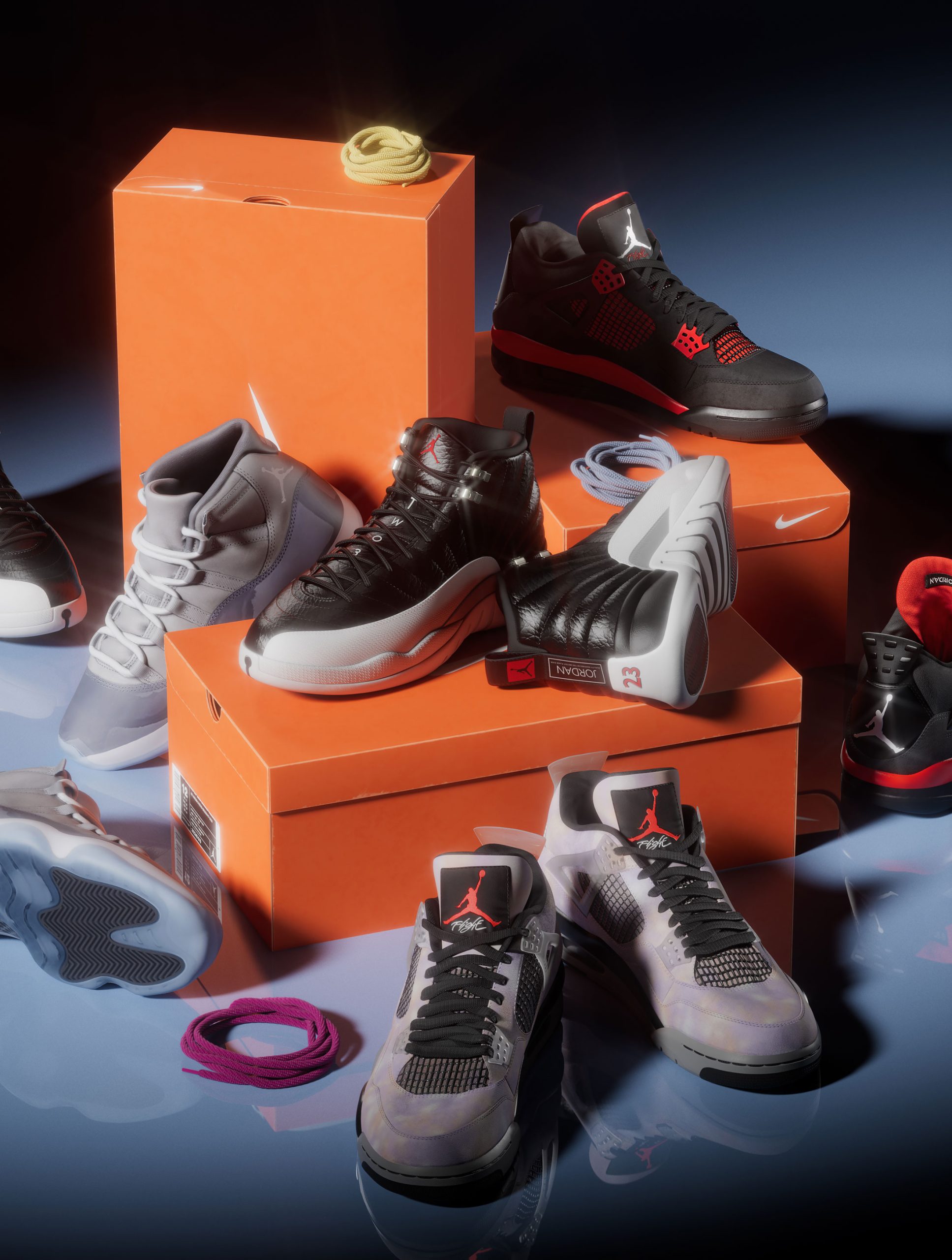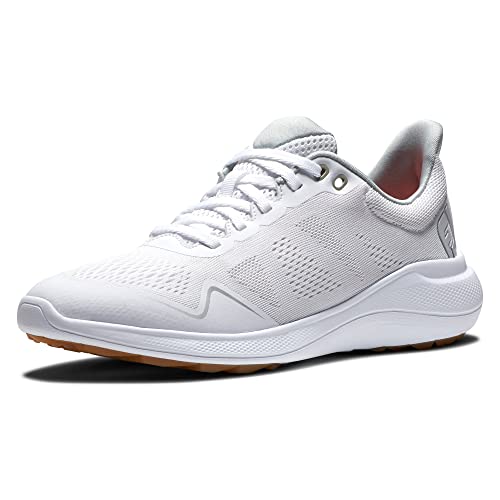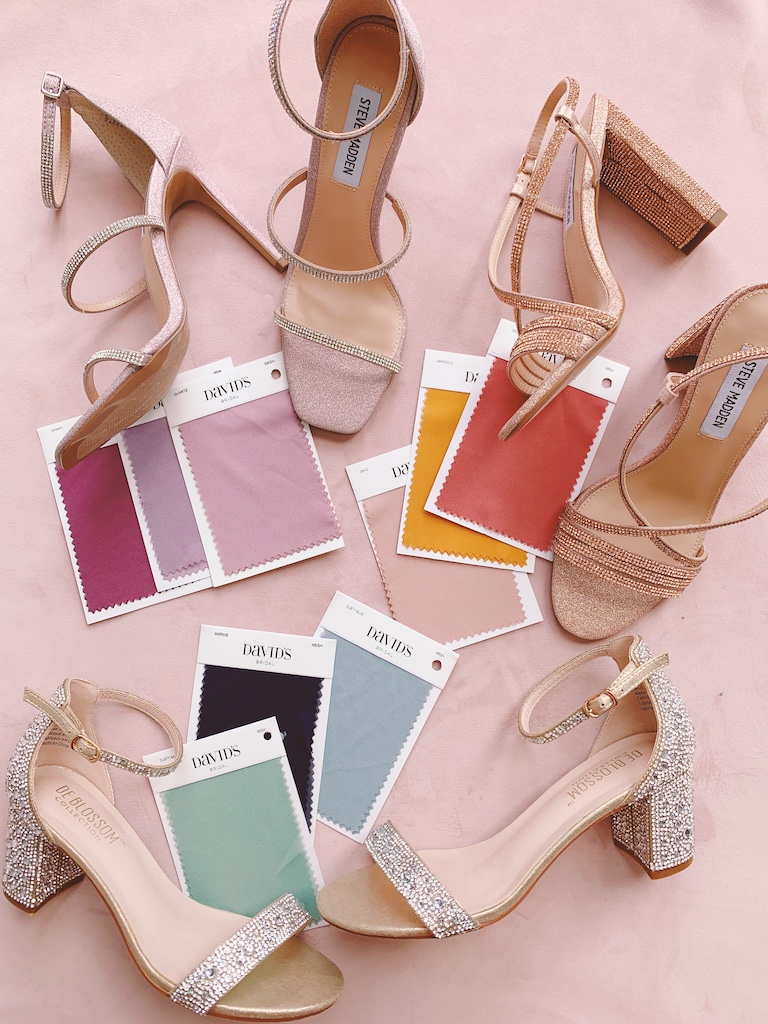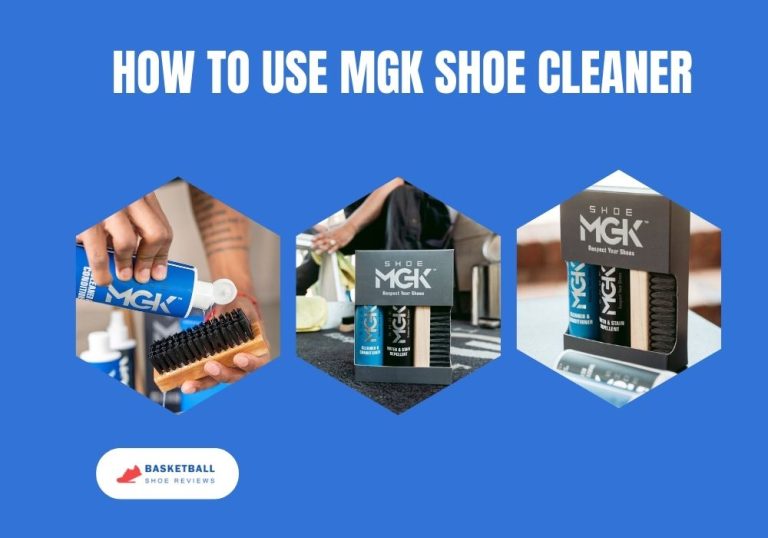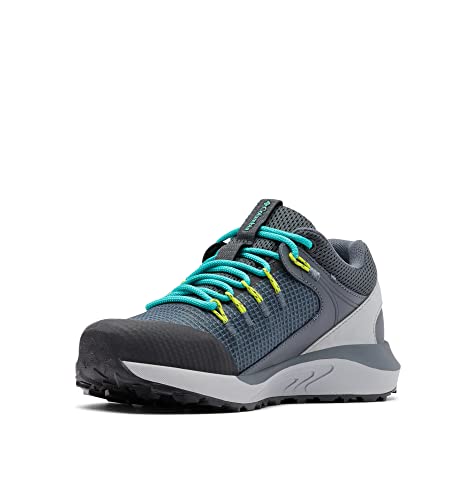Why are Running Shoes So Expensive? Unveiling the Cost Factors
As an avid runner, you might have noticed that the prices of running shoes can be quite steep. For newcomers and veterans alike, the question often arises: why are running shoes so expensive? Several factors contribute to the high cost of this specialized footwear. In this article, we’ll delve into the reasons behind the price tag and discuss whether an expensive pair of running shoes is worth the investment for your running needs.
The Complex Design and Technology
Running shoes are not just your average sneakers; they are engineered for performance. Here’s what sets them apart and contributes to their cost:
- Advanced Materials: High-quality, lightweight materials are used to enhance durability and comfort while maintaining breathability. These materials often involve extensive research and development, leading to higher costs.
- Shock Absorption: Running shoes frequently incorporate specialized cushioning systems to absorb the impact of each stride, protecting the runner’s joints.
- Support and Stability: Features like medial posts and structured heel counters are designed to correct pronation and offer stability, which can add to the manufacturing complexity and cost.
- Innovative Tread Patterns: The sole’s design needs to provide traction and adapt to various running surfaces, which requires precision engineering and testing.

Credit: rockathletics.com
Brand Value and Marketing
The brand name itself can significantly affect the price point of running shoes. Well-known brands invest heavily in marketing and building a reputation for quality, which can lead to higher prices for their products. Let’s break down the brand-related factors why running shoes so expensive:
| Factor | Description |
|---|---|
| Reputation | Popular brands have established trust, so they can command higher prices based on their perceived value. |
| Marketing | Advertising campaigns, endorsements by athletes, and event sponsorships all add to the cost consumers pay for running shoes. |
| Innovation | Brands at the forefront of technology can set industry trends, justifying higher prices for their latest offerings. |
Specialized Functions and Personalization
Many running shoes come with specialized features or the option for personal customization, which can add to the overall cost:
- Function-specific designs for different types of runners (e.g., trail running, racing, or daily training).
- Custom-fit options, including 3D foot scanning and personalized insoles.
- Limited edition models or collaborations with designers and artists.
Manufacturing and Labor Costs
The production process of high-quality running shoes is labor-intensive and often requires skilled craftsmanship. Additionally, ethical companies may invest more in sustainable practices and fair labor wages, which can lead to higher retail prices. Examining manufacturing and labor costs reveals:
- Use of advanced machinery and skilled labor for precision assembly.
- Higher quality control standards can increase production costs.
- Commitment to ethical labor practices and sustainability, reflected in the product’s final cost.
Is It Worth Paying More for Running Shoes?
While running shoes so expensive, it’s essential to consider the investment in your health and performance. Quality running shoes can help prevent injuries, improve comfort, and enhance your overall running experience. However, the most expensive pair might not always be the best for every runner. It is crucial to:
- Analyze your specific needs based on running style, frequency, and surface.
- Try on different pairs and select a shoe that feels comfortable and supportive.
- Look for reviews and comparisons to make an informed decision.
- Consider if the features of a more expensive shoe benefit your running requirements.
In conclusion, a middle ground often exists where you can find a high-quality pair of running shoes without breaking the bank. It’s more about the fit and function than the price tag.
Frequently Asked Questions On Why Are Running Shoes So Expensive? Unveiling The Cost Factors
Why Do Running Shoes Cost So Much?
Quality materials, advanced technology, and extensive research go into the design of running shoes, which drives up the price.
Are Expensive Running Shoes Worth It?
Premium running shoes often provide better support, comfort, and durability, which can be worth the investment for frequent runners.
How Often Should I Replace Running Shoes?
Running shoes should typically be replaced every 300-500 miles to ensure proper support and cushioning.
Can Running Shoes Enhance Performance?
Well-designed running shoes can improve running performance by offering proper fit, and support, and reducing the risk of injury.
Conclusions
Running shoes are so expensive due to the advanced technology, specialized materials, and research involved in their design and development. Running shoes often come with a hefty price tag due to various factors contributing to their cost. Premium materials, advanced technology for cushioning, support, and durability, extensive research and development, and branding all play a part in their expense. Manufacturers invest in innovative designs, specialized materials, and testing to enhance performance and comfort. The market demand for high-quality athletic shoes also influences pricing. Ultimately, while the cost may seem steep, the value in terms of support, durability, and performance can make these investments worthwhile for serious runners.

